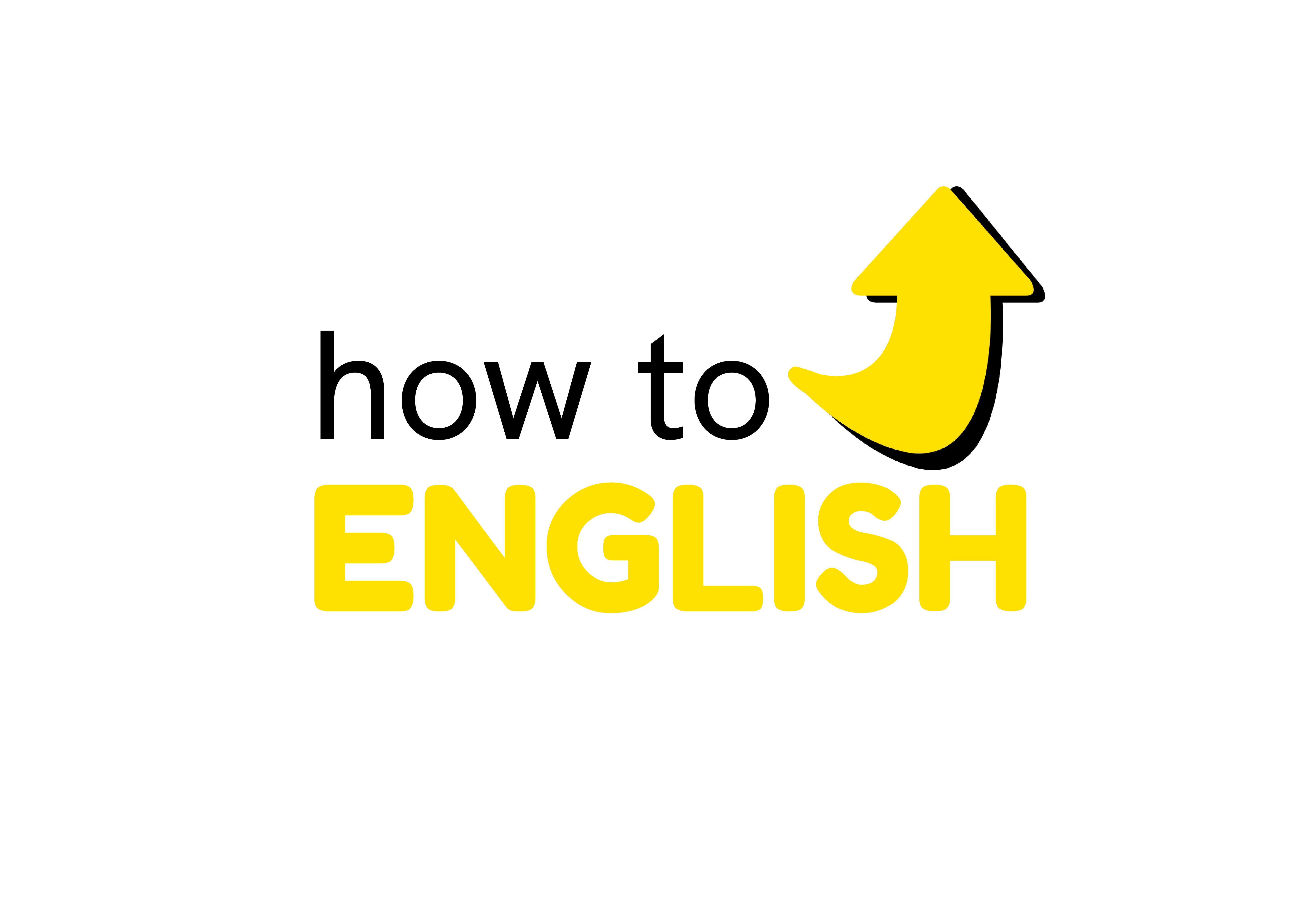There are millions of things that I don’t know.
But I like the fact that there are lots of things that I don’t know.
It means there are loads of things for me to learn. I’m a very curious and inquisitive person, and I enjoy finding things that I don’t know and then learning them.
And this is reflected in my teaching style.
Those of you who follow me regularly will know that my absolute favourite sessions with my students are my Questions and doubts classes, where each person brings a question or doubt related to something they don’t completely understand in English. It could be the difference in meaning between two closely related words, something they have seen or read, or anything else related to grammar or vocabulary.
Everybody brings something really interesting and useful. And they are normally things that you would never find in any teaching material.
A common problem that newcomers find is that they find it difficult to think of a question or doubt.
As we take it in turns and I ask them for their questions or doubts, a newcomer will very often say, “I’m sorry, but I couldn’t think of one”.
My answer is always the same: “You can’t just think of one, you have to find one”.[thrive_leads id=’1049′]
And this is the difficult thing in the beginning, getting people to think on their own. Most people just aren’t used to it. If you sit there waiting for a question or doubt to appear, you may wait a long time. Likewise, if you try to find one in the vastness of your own brain, you’ll end up looking a good while.
And this is what makes questions and doubts sessions so awesome. These sessions turn on the observant, analytical switch in your head, and you start seeing things that you wouldn’t have seen before.
This simple activity primes the brain for learning.
Newcomers often find it difficult to find a question or doubt, but the more you attend question and doubt sessions, the more questions and doubts you find. The veterans have the problem of having too many questions or doubts that can be resolved in one go. Their brains are on fire.
A fiery brain is good.
A huge part – maybe the biggest part – of my methodology is getting English learners to think about English, to think about the language and its small nuances. An effective language learner thinks about language outside of the classroom. They think about what they know, they think about what they don’t know, and they think about what they need to do to learn what they don’t know.
They think.
A traditional language learner will have the teacher think for them. When someone thinks for you, you will be last beneficiary.
When you think for yourself, all the rewards are for you.
Questions and doubts help you to think of individual things to learn on a daily basis – mini lesson, so to speak.
And you become your own teacher.
This is what I see as the perfect class and ideal learning environment.
A group of learners in complete control of their learning process. They bring their own material to class – questions and doubts that they have found – and ask the expert, the teacher, who simply answers them and helps them learn.
The teacher is no longer the leader, the learners are the leaders and they are the ones who dictate their own learning. They decide what, how, and how much they learn, and the things that they learn are all 100% relevant for each learners individual needs.
I challenge you to find one question or doubt every day until my next post is out. One per day for a week.
Seven questions or doubts.
That’s a pretty good way to start the year, and it will start rewiring your brain and get you thinking for yourself.
That’s the best present you can give yourself.
Let me show you how to find questions and doubts so that you’ll always have relevant things to learn.
First, I’ll show you how NOT to do it.
You can’t just produce one in your head. This is the mistake that most newcomers make. The content of your brain is very large and one will not just magically appear in your head.
Too difficult.
When a learner tells me that they couldn’t find one, I general ask, “Well, did you look for one?”
To which they often answer, “Oh… well, no”.
Imagine you lose your keys. How would you go about finding them?
By looking, of course.
If you don’t look for your keys, there’s no way you will ever find them.
The only difference here is that you don’t know what you’re looking for. And that’s what makes it so interesting.
If you don’t look for something, you won’t find it.
But if you look for something, anything, you will always find something.
What will you find?
I can’t tell you exactly, but I can tell you that it will be something worth learning.
And the answers to those questions and doubts will be the most important and relevant things that you can learn.
Go find one question or doubt today.
Then go find the answer to that question or doubt.
Then do the same tomorrow.
That’s how you learn something new every single day.
And that is how you will master the language.
[thrive_leads id=’1049′]
